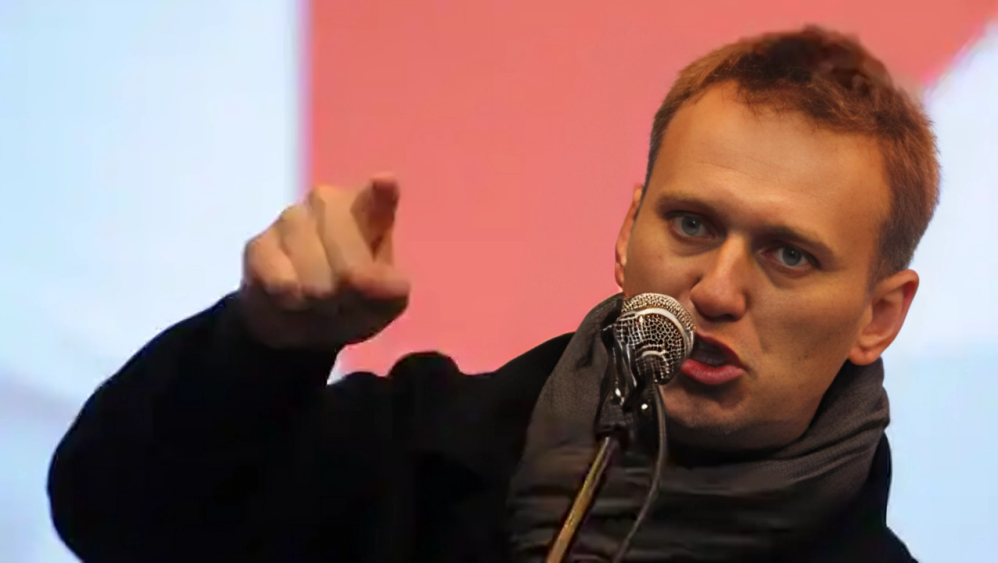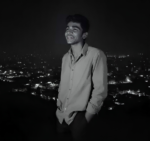Russian State Media Underplays Navalny’s Death, Igniting Criticism and Concerns

Image Source: Hindustan Times
The response of Russian state media to the reported death of opposition leader Alexei Navalny has drawn widespread scrutiny, both domestically and internationally, for its lackluster coverage and apparent attempt to downplay the significance of the event.
In stark contrast to the extensive coverage and analysis seen on social media platforms, such as X (formerly Twitter) and Telegram, where Navalny’s death became a top trending topic, state-controlled television channels like Channel One and Rossiya 1 were slow to acknowledge the news. It took nearly 45 minutes to an hour for Navalny’s death to be mentioned, and even then, the coverage was minimal and devoid of context. Some reports on state TV failed to provide essential information about Navalny, neglecting to mention his full name or explain the circumstances surrounding his imprisonment.
Furthermore, attempts by liberal politicians to discuss Navalny’s death on state TV were met with censorship and redirection by program hosts, highlighting the reluctance of state media to engage with critical perspectives or acknowledge the gravity of the situation.
Navalny’s death comes at a time of heightened political tension in Russia, with the Kremlin facing mounting criticism over its treatment of dissenting voices and opposition figures. His imprisonment, widely regarded as politically motivated, has sparked protests and condemnation from the international community.
The disparity between the coverage on state media and social media platforms underscores the importance of alternative sources of information in Russia’s media landscape. While state-controlled channels seek to control the narrative, social media provides a platform for uncensored discourse and the dissemination of information.
This incident follows a previous assassination attempt on Navalny in August 2020 when he was poisoned with a military-grade nerve agent while on a flight from Siberia. This event, confirmed by tests in Germany, further highlights the dangers faced by Navalny and the severity of the political situation in Russia.
As the world reacts to Navalny’s death, questions linger about the future of dissent and democracy in Russia under Vladimir Putin’s leadership. The underplayed coverage by Russian state media serves as a stark reminder of the challenges faced by those advocating for political change in the country.
Team Profile

- News Writer
- Rays Roy, hailing originally from Wayanad, Kerala, now resides in Hyderabad. Having completed intermediate studies at Little Flower Junior College, Rays is currently a first-year student pursuing a BA in Digital Communication at The English and Foreign Languages University in Tarnaka.
Latest entries
 English7 March 2024Cargo Ship Attacked by Houthis Off Southern Yemen: Two Crew Members Killed
English7 March 2024Cargo Ship Attacked by Houthis Off Southern Yemen: Two Crew Members Killed English2 March 2024A Tale of Resilience: Gaza’s Unspoken Struggle
English2 March 2024A Tale of Resilience: Gaza’s Unspoken Struggle Business & Economy1 March 2024India’s Economy Gushes Ahead, Beats Expectations with 8.4% Growth
Business & Economy1 March 2024India’s Economy Gushes Ahead, Beats Expectations with 8.4% Growth English1 March 2024Tragedy Strikes Dhaka: Fire Claims 43 Lives and Leaves Dozens Injured
English1 March 2024Tragedy Strikes Dhaka: Fire Claims 43 Lives and Leaves Dozens Injured









